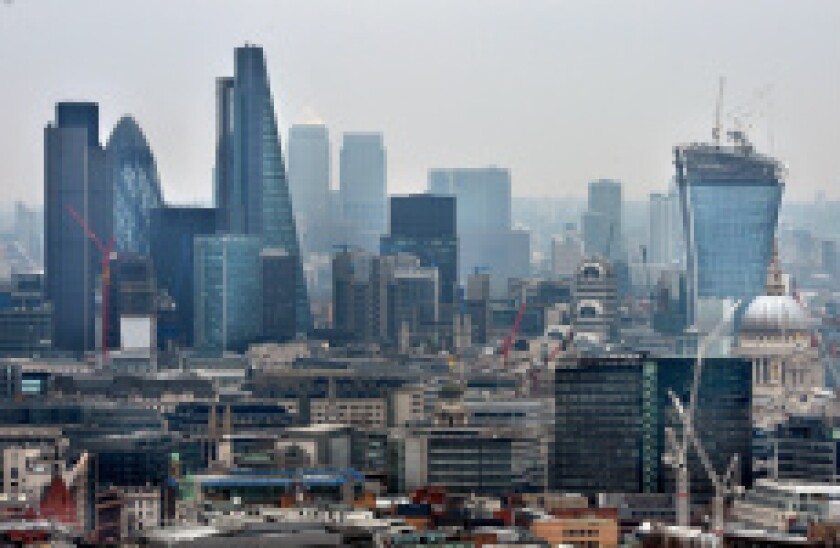In particular there resides in London an established industry - an infrastructure almost - of emerging markets fund managers and specialist investors. These continue to tempt companies looking to do an IPO to list there.
The latest two are Belarus supermarket company Eurotorg and Kazakhstan uranium producer Kazatomprom.
One senior corporate banker, who deals with CEEMEA clients, said that Brexit was not reallya concern for his clients who still see London as a gateway to international capital.
While Eurotorg is likely to be the only sizeable bit of Belarusian business in the near future, Kazatomprom is the first of an expected wave of Kazakh privatisations.
If Kazatomprom flies off the shelves with its London listing, there should be no reason why Samruk-Kazyna, the Kazakhstan sovereign wealth fund selling the IPOs, should not also consider London global depository receipts (GDRs) when listing its other assets, including perhaps the country’s crown jewel, the energy firm KazMunayGas, which GlobalCapital understands is targeting a flotation in the second half of 2019.
The London Stock Exchange, as the most international part of the UK economy, gives us a glimpse into the economic partners the UK can expect if the EU decides to shut down the business it is willing to allow its member states to do with the UK's financial sector.
Some of these countries are among the fastest growing and most exciting bits of the global economy.
The UK could potentially seek to start doing trade deals with these countries, positioning itself as a truly international centre of trade and finance and one that can bring provide capital to places where it s harder to come by.
But there will be a cost to that. The UK will have to do more business directly, and from closer economic ties with countries, and their governments, that have less regard for things like human rights and anti-corruption than an upstanding pillar of western liberal democracy might like.
Forging closer links with countries like Belarus, Kazakhstan, Uzbekistan, Turkmenistan, Saudi Arabia, China, Turkey, Iran and perhaps even Russia, to name but a few might be lucrative, but it will make it rather more difficult for the UK to exert diplomatic pressure on those countries over other areas of foreign policy. After all, it seems unlikely that the City's bankers and bourses are going to start insisting on baking clauses about human rights and political freedom into listing requirements.
For all the talk of trade deals with Canada, New Zealand and Australia, plenty of business will have to come from less liberal and democratic countries as that is where the greater demand for capital, and desire for the respectability conveyed by a London listing conveys, exists.
It will mean a dramatic shift in policy and it’s something that UK politicians and voters will need to accept if the political will is there to maintain the City's position at the centre of international capital markets.

